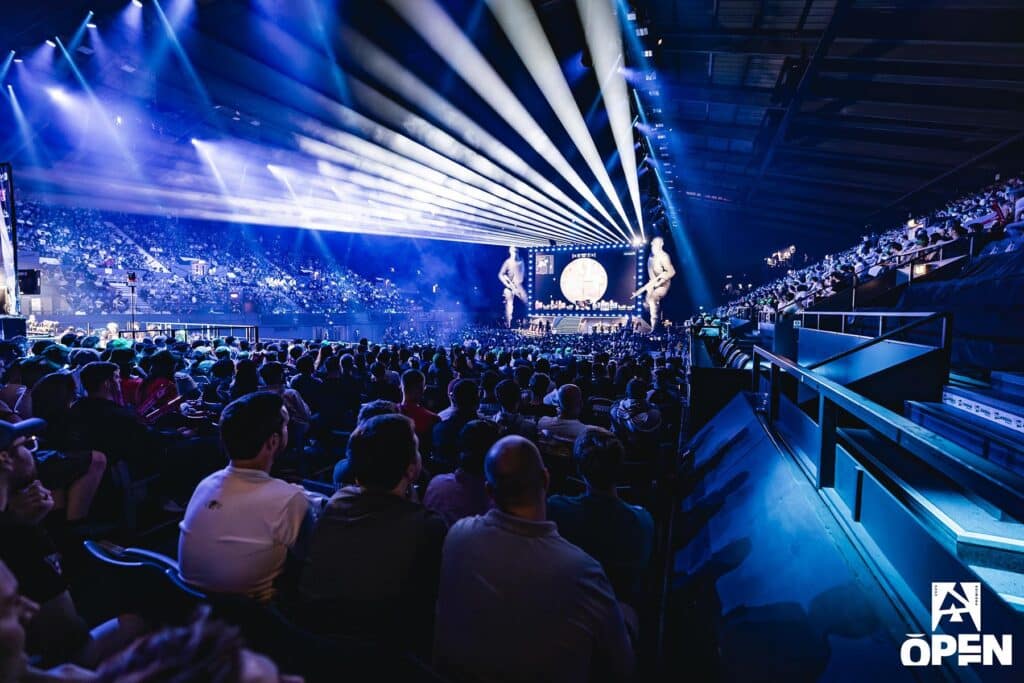
Image credit: Stephanie Lindgren, BLAST (depicting a Counter-Strike event environment)
In the dynamic world of esports, rules often evolve to keep pace with the competitive landscape. Valve, the custodian of Counter-Strike 2, has recently introduced significant adjustments to its Tournament Operations Rulebook (TOR), particularly concerning team forfeits and roster integrity. These changes, precise and unapologetically stringent, signal a clear intent to stabilize the competitive ecosystem of CS2.
The Architects of Integrity: Decoding Valve`s New Directives
The core of Valve`s recent update revolves around a new rule, 3.10.1, which directly addresses roster stability for invited teams. Previously, some flexibility (or, arguably, ambiguity) existed regarding player lineups. Now, the directive is unambiguous:
- Tournament operators are mandated to declare a forfeit in any match where a roster fails to field at least three of the original invited athletes for the entirety of the match.
This means if a team receives an invitation based on a specific five-player lineup, at least three of those original five must be present and competing in every single match of that event. No more last-minute musical chairs with the starting five.
Complementing this, Rule 3.2.5 has also been refined. It now explicitly states that teams can only accept a direct invitation to a Ranked tournament if three players from the invited roster are part of the starting lineup and are committed to playing in each event match. This preemptive measure aims to solidify rosters even before the first bullet is fired in competition.
The Unspoken Catalyst: Why Now?
While Valve rarely provides elaborate justifications for rule changes, the esports community often provides the context. The incident involving FaZe Clan at ESL Pro League Season 22 serves as a prime, albeit ironic, illustration of the situations these rules aim to prevent. After benching Håvard ‘rain’ Nygaard, FaZe Clan found themselves in a precarious position, ultimately having to reinstate him to avoid a forfeit against G2 Esports. This episode highlighted a gray area that Valve has now painted with definitive strokes.
The motivation behind these updates appears twofold:
- Enhancing Competitive Integrity: By ensuring that the teams competing are fundamentally the same ones that earned their invites, Valve reinforces fair play and consistent competitive quality.
- Promoting Roster Stability: Frequent, mid-tournament roster changes can disrupt competitive balance and create an unpredictable environment for both teams and spectators. These rules encourage organizations to plan their lineups with greater foresight and commitment.
This move isn`t merely about penalizing teams; it`s about establishing a foundation of predictability and professionalism. In an ecosystem where millions watch, the integrity of competition must be beyond reproach. Teams now know precisely where the line is drawn, removing any room for “creative interpretation” of roster requirements.
Implications for the CS2 Esports Landscape
These new regulations will have a ripple effect across the professional CS2 scene:
- Team Management: Organizations must now exercise even greater caution with roster adjustments, particularly for teams that receive direct tournament invitations. The days of casual player swaps without significant repercussions are over. Planning for substitutes and potential transfers will require more strategic foresight.
- Tournament Organizers: With clearer guidelines, tournament operators will have stronger legal ground when enforcing forfeits. This reduces ambiguity and potential disputes, streamlining tournament operations.
- Player Perspectives: For players, these rules could lead to increased job security within a roster, at least for the duration of an invited tournament. It also emphasizes the importance of their presence as a core part of the invited squad.
In essence, Valve is signaling a maturity phase for CS2 esports. As the game’s competitive circuit continues to grow, so too must its governance. These adjustments to the Tournament Operations Rulebook are not just bureaucratic updates; they are foundational pillars designed to ensure that the sport remains as compelling and fair as the skill of its players.
A Sharper Edge for Competitive Counter-Strike
The introduction of Valve’s new forfeit rule is a clear statement: CS2 esports demands unwavering commitment to competitive integrity and roster stability. While perhaps seen as a minor detail by some, these rules are crucial for fostering a predictable, professional, and ultimately more respected competitive environment. It’s a pragmatic step towards a future where the spectacle of Counter-Strike 2 is driven not just by raw talent, but by robust and transparent governance.








